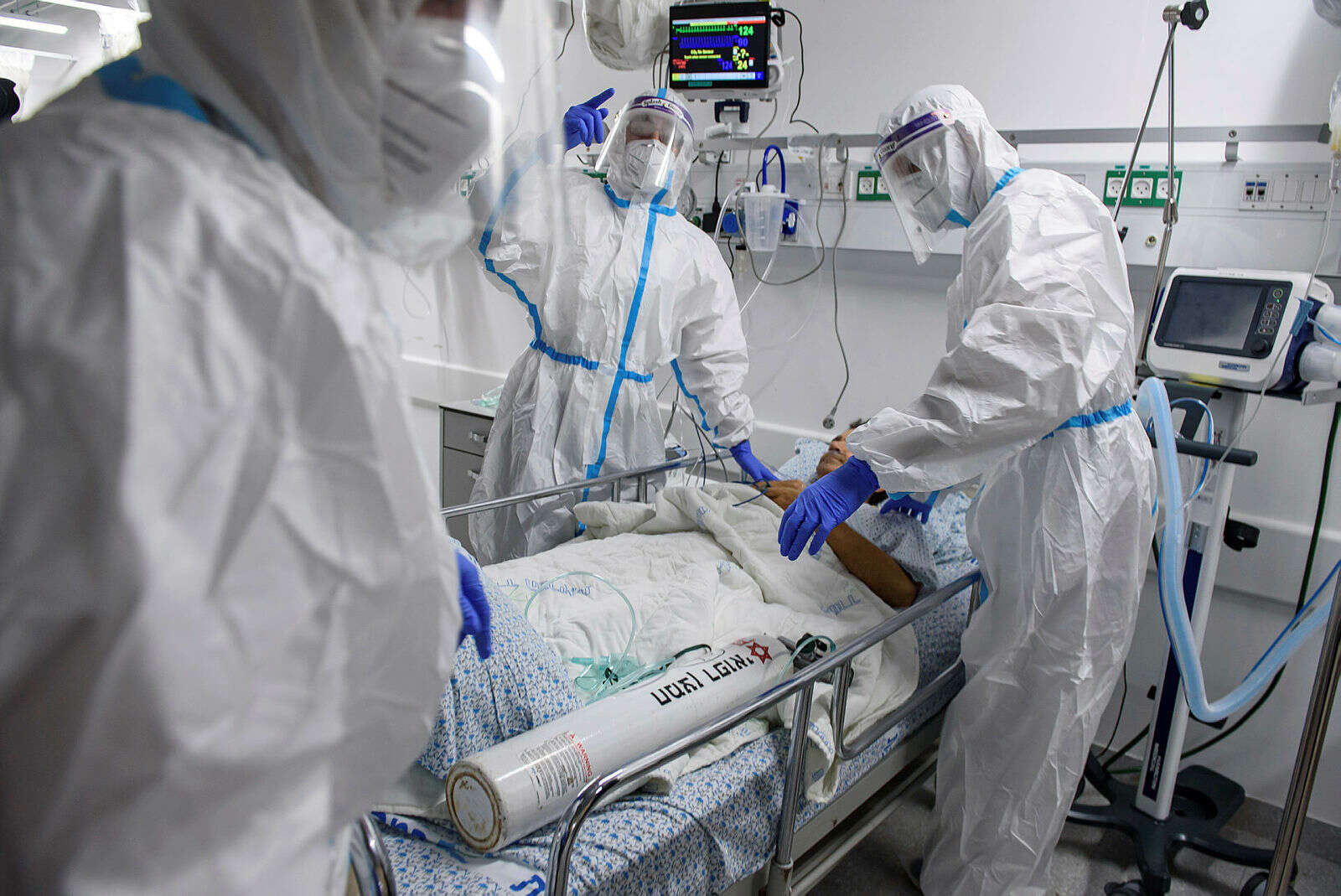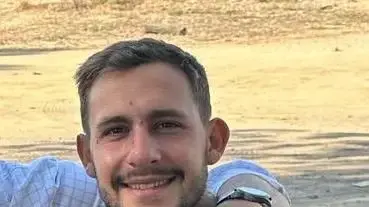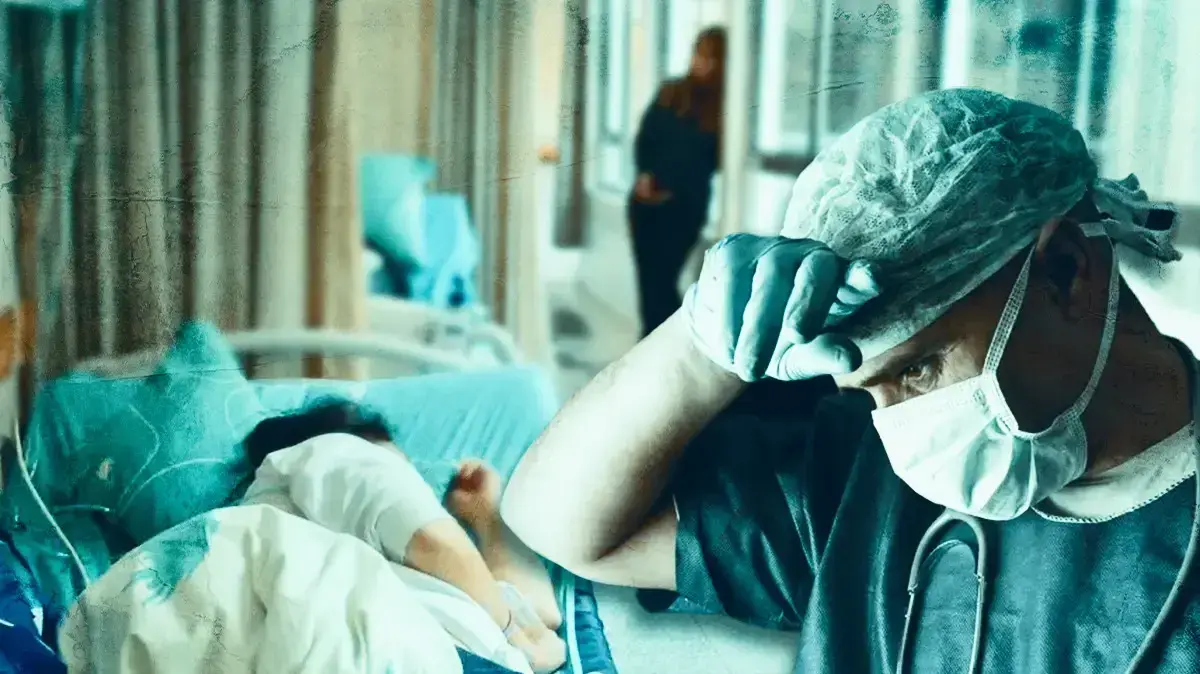The country erupted like a concoction when MK and minister-designate Orit Struck uttered on her lips the ambition to enshrine in law the doctor's right to avoid treatment that goes against his values.
At the national level, this horrifies many: how can a doctor avoid saving another's life and even enshrine it in law?
As a result, Prime Minister-designate Benjamin Netanyahu was forced to come out with a clarification that he would not allow the law to discriminate between patients.
But the truth is more complex, since the preservation of the doctor's conscience and values is already reflected in the well-known doctor's oath of Hippocrates, which was written in Greek: "I will never give a woman a drug that could cause an abortion. I will preserve my life and my art with purity and holiness."
MK Orit Strock, photo: Oren Ben Hakon
In practice - separate statements and separate actions, since today the Committee on Termination of Pregnancy approves in most cases the requirements to perform an abortion.
The doctor's oath did not always correspond to the renewed reality, and during many years it was even forgotten and was not used at all.
Rather, the members of the various religions adopted large parts of this oath, and saw in it a kind of agreement to the religious view in which the prohibition of abortions that are not for life-saving reasons for the mother or child is clear and decisive.
Many Jewish doctors over the generations have faced the many conflicts between their religious faith and the world of medicine and research, such as the ability to perform surgeries on dead bodies for educational purposes, which is contrary to Halacha when the dignity of the dead is not preserved, since according to Jewish Halacha the body must return to the earth: "From dust you came and to dust you shall return." , as stated in the Mishnah in tractate Avot: "Know where you came from, a stinking preacher, and where you are going, to a place of dirt, maggots and worms."
Other conflicts were related to the desecration of Shabbat in non-life-saving treatments, and the priority in treating this patient before another patient, which is completely against the rules of medical ethics known today.
All are equal - but not exactly
The Mishnah in the Treatise on Parenting gives an order of precedence in medical treatment: "...a priest before a Levite, a Levite to Israel, Israel to a bastard, and a bastard to a subject, and a subject to a sojourner, and a sojourner to a freed slave; when, while all are equal, but if a bastard was a scholar, and a great priest with the land - A bastard, a smart student before becoming a high priest with the country."
Even though the Rambam brought this Mishna into Halacha, in fact the Sages and the arbitrators over the generations believed that the Mishna is not relevant, since it is not clear that it is about the order of priority of life-saving treatment but about medical treatment in general, and in addition today public medicine is funded by the entire public, who should receive equitably the medical services for which he paid.
Previous life-saving treatments.
Illustration, photo: EPA
Another consideration in the dilemma of priorities in medical care is the patient's ability to survive.
The Gemara in tractate Avoda Zerah explains that eternal life is better than an hour's life: when there is only one ventilator that will help revive a person for an hour, but on the other hand there is a chance that another person will live with the ventilator for many more years, the person who will survive longer should be prioritized.
Ostensibly, this is a consideration that goes against the rules of medical ethics, which advocates equality in the provision of medical treatment between patients, but in practice the doctor has the discretion to sort the patients and decide who will receive treatment now and who will receive treatment at a later stage.
Who to treat first?
More than once when I arrived at the scene of multi-casualty events in military and civilian activities, the dilemma of who to treat first was critical.
Many caregivers preferred to approach those whose lives were endangered by critical and essential hemorrhage, and had to give up on people who were dying, because in a quick and cold consideration it seemed that the chance of saving lives and long-term survival for one was more significant than the other.
The medical professions as a whole require a spirit of mission to save others, and indeed many of the doctors with religious faith came to this profession out of a sense of mission together with the commandment of saving lives, and from this belief they are required to find an answer to the dilemmas of values and beliefs that lead to the dictates of their conscience.
Political and governmental systems are not immune to these dilemmas, and they also prioritize treatment and types of treatment, and sometimes the prioritization comes at the expense of patients whose lives could be saved.
An example of this is Health Minister Nitzan Horowitz's decision last year to expand state funding for voice replacement communication clinics for transgender people in the medicine basket, at the expense of life-saving medicines.
A mission to save others.
Ambulance (archive), photo: Liron Moldovan
It is not disputed that today the doctor has no discretion in providing life-saving treatment, and it is also not disputed that today the sex, religion and style of the recipient of the service are not relevant to the doctor's discretion as to whether or not any medical service will be provided to him, but the ability of a doctor to avoid treatments (that are not life-saving) ) that are against his faith, conscience and religion are enshrined in the doctor's oath, in the law, in the procedures of the Israel Medical Association and even as a constitutional standard in the entire medical world, since the fundamental values protect the doctor's right to maintain his values, as long as his decisions do not endanger life.
For example, the law allows doctors to avoid performing abortions when the demand arises for reasons that contradict their religious beliefs, as well as to avoid giving lethal drugs to the terminally ill, and more, but the public systems must find a remedy and a solution for those who apply.
Amatos Lusitanus, born in Portugal, was one of the greatest Jewish doctors in the 16th century and the discoverer of the valves in the veins, a discovery that later led to the discovery of blood circulation.
In the doctor's oath that he wrote and which leads many doctors all over the world and is based on the words of the Rambam on the one hand and the Hippocratic Oath, it is stated as follows: The treatment is the same for the poor and needy as for the wealthy."
It is possible that the recent political upheaval was due to the desire to balance the fundamental laws of human rights and his freedom to choose his lifestyle and maintaining the dignity and freedom of the attending physician.
Halacha today considers the mission of the doctor to be a right to the spiritual authority he received to be a messenger in saving lives.
It is the duty of the doctor today to treat every patient and every person seeking service regardless of religion, race or gender.
On the other hand, the doctor certainly has a margin of discretion which is already anchored in the law and procedures, which allows him to avoid procedures that are contrary to his values, religion and conscience, as long as his decision does not endanger the patient.
were we wrong
We will fix it!
If you found an error in the article, we would appreciate it if you shared it with us









